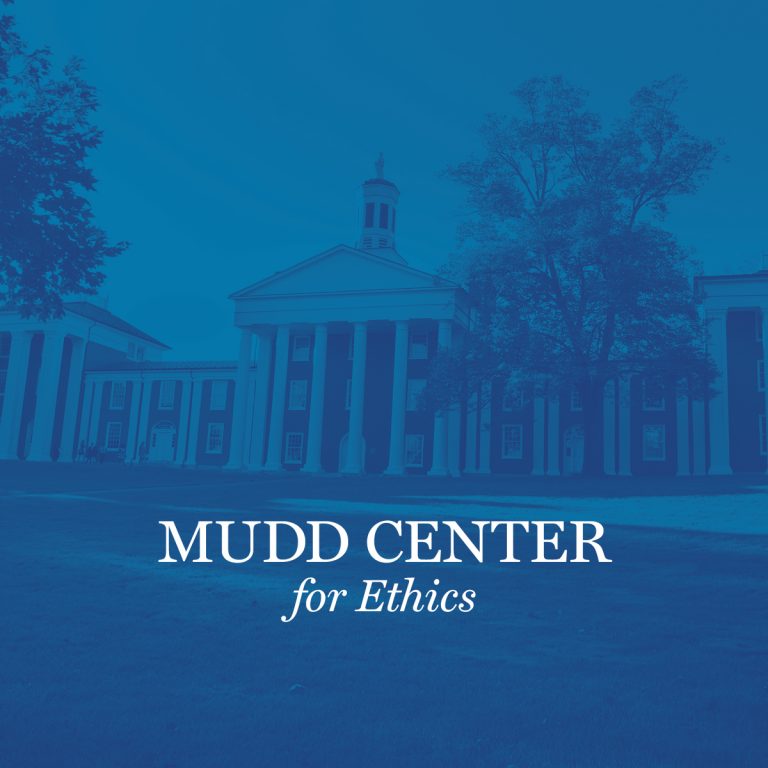W&L’s Murdock and Whiting Co-Present Next Mudd Lecture Their talk is titled "The New Appendage: Cellphones in Cognitive and Behavioral Context."
Washington and Lee University professors Karla Murdock and Wythe Whiting will co-present a lecture in W&L’s Stackhouse Theater on Feb. 6 at 5 p.m. as part of the Mudd Center for Ethics series on “The Ethics of Technology.”
Their talk is titled “The New Appendage: Cellphones in Cognitive and Behavioral Context.”
The Cognition in Context Lab at W&L, which is supervised collaboratively by Murdock and Whiting, investigates cognitive and psychophysiological correlates of cell phone-related auditory distractions. The collaborations between Murdock and Whiting have uncovered negative relationships between smartphone use and both sleep quality and attentional performance. Their most recent study, still under review, has shown that teenagers are particularly distracted by smartphone notifications, exhibiting more significant attentional lapses and heart rate variability increases relative to adults.
Murdock, a professor of cognitive and behavioral science, earned her doctorate in clinical psychology from the University of Georgia and completed a clinical internship at Western Psychiatric Institute and Clinic at the University of Pittsburgh Medical Center. She taught at the University of Massachusetts Boston Clinical Psychology Ph.D. program before joining the W&L faculty in 2005. Her recent studies have investigated links between cellphone use and indicators of health, well-being and cognitive performance. Murdock’s work can be found in peer-reviewed journals such as the Journal of Clinical and Social Psychology and Behavioral Sleep Medicine.
Whiting, also a professor of cognitive and behavioral science, earned his doctorate in cognitive psychology at the Georgia Institute of Technology before completing a post-doctoral internship at Duke University in cognitive neuroscience. He joined joining the faculty at W&L in 2003. His work has focused on the application of cognitive science to a variety of areas in the field of psychology and behavior. His more recent work has focused on the physiological and behavioral consequences of a digital environment on our ability to sustain attention. Whiting’s work can be found in peer-reviewed journals, including the Journal of Cognitive Neuroscience and Psychology and Aging.
The Mudd Center was established in 2010 through a gift to the university from award-winning journalist Roger Mudd, a 1950 graduate of W&L. When he made his contribution, Mudd said that “given the state of ethics in our current culture, this seems a fitting time to endow a center for the study of ethics, and my university is the fitting home.”
For full details on this series, visit the Mudd Center webpage.
 The Mudd Center for Ethics
The Mudd Center for Ethics
You must be logged in to post a comment.